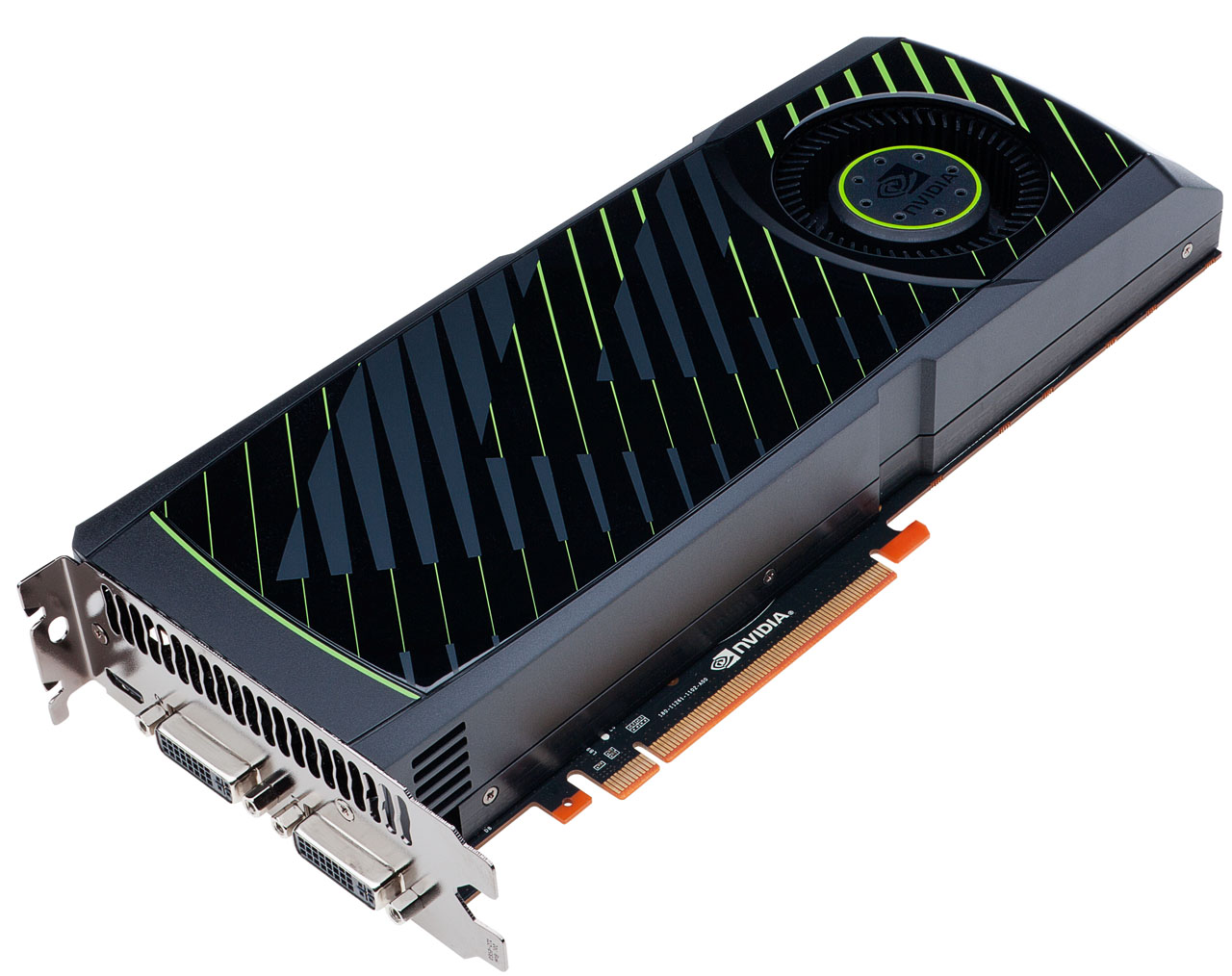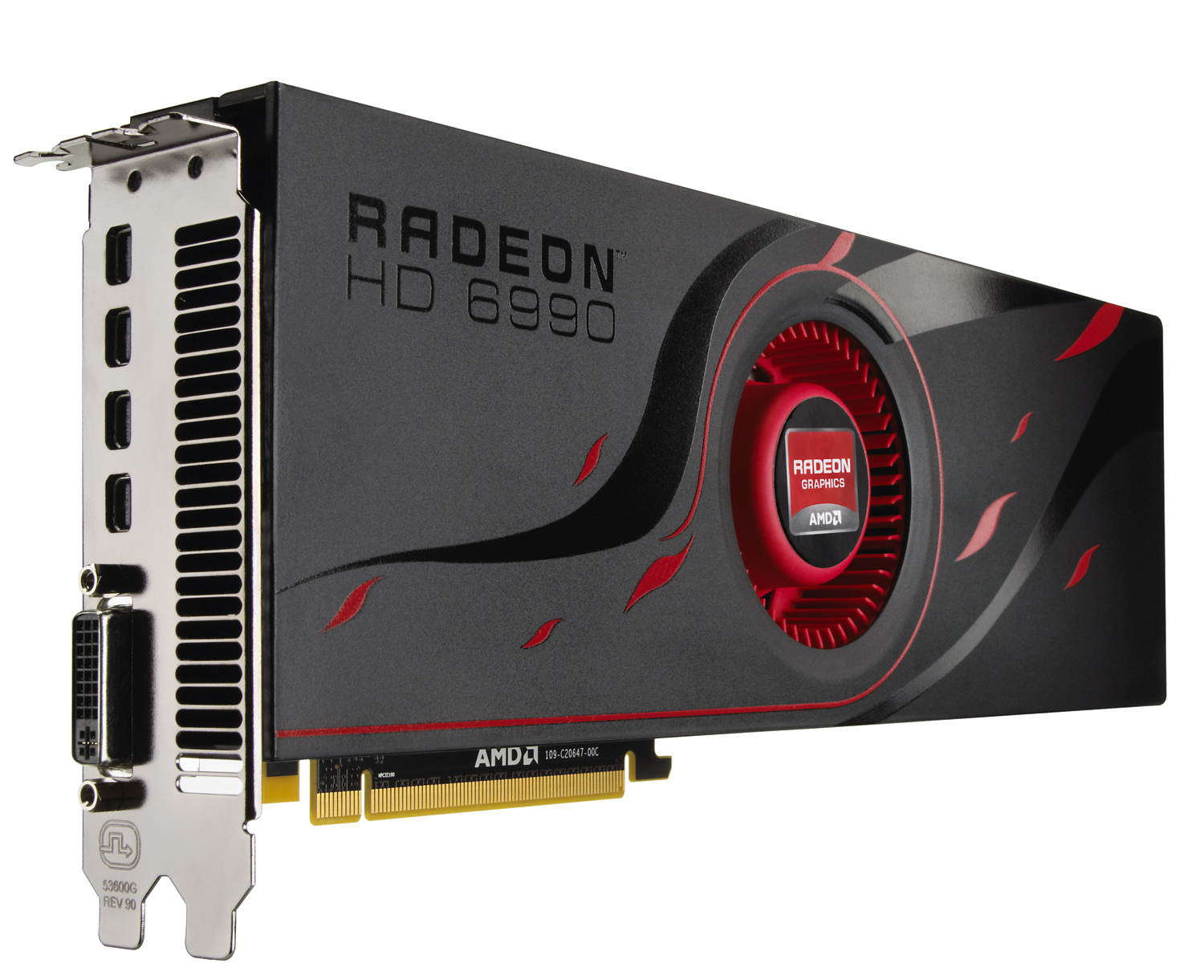Harden Up: Can We Break Your Password With Our GPUs?
Do you think your passwords are keeping your data nice and safe? Do you have archived files you don't want anyone to see? Let's see how fast we can crack your lock using our graphics cards. If anything, this is a wake-up call to lock down your valuables!
Nvidia Versus AMD: Brute-Force Attack Performance
This little exercise is all about scaling. You want a lot of cores, and you want them operating quickly. Even though it has a slight effect on our results, let's put architecture aside a moment. While two GeForce GTX 570s only have 2.8x the number of CUDA cores as a single GTX 460, we realize three times the performance because all of the higher-end card's cores also operate 8% faster.
Dropping in a GeForce GTX 590 yields similar results as our SLI configuration. The 590 has more cores, but they operate slightly slower. If you're shooting for the star, Nvidia's flagship is pretty much the top of the line with its 1024 CUDA cores. Then again, if you're willing to tolerate lots of heat and a big price tag, two GeForce GTX 590s in SLI should be able to double the performance of our twin GTX 570s.
In comparison, there are 3072 Stream processors running at 830 MHz on AMD's flagship Radeon HD 6990. Bear in mind that an AMD core is not equivalent to an Nvidia core, so you can't compare them 1:1.
I only had time to run a pair of Radeon HD 5850s in CrossFire, but the results are still impressive. With 2880 stream processors, I'm pushing about 1.1 million passwords per second while attempting to break an AES-128 encrypted WinZip file. Two Radeon HD 6990s are probably the way to go if you want to go full-speed in AES password recovery. But even optimistically, you're only going to hit slightly over 3 million passwords per second. That's still insufficient to crack an eight-character password in less than a year.
| Graphics Card | CUDA/Stream cores | Shader Core Speed |
|---|---|---|
| GeForce GTX 460 1GB | 336 | 1350 MHz |
| GeForce GTX 570 | 480 | 1464 MHz |
| GeForce GTX 590 | 1024 | 1214 MHz |
| Radeon HD 5850 | 1440 | 725 MHz |
| Radeon HD 5970 | 1600 | 725 MHz |
| Radeon HD 6990 | 3072 | 830 MHz |
A pair of GeForce GTX 570s in SLI is a reasonable setup to expect in a gaming machine. While you probably shouldn't expect great times breaking past passwords more than seven characters long, remember that we're also looking at the worst-case scenario. It's as if we're searching for a password between 00 and 99, and the right answer ends up being 99. Usually, that's not the case, and a password right in the middle would arrive in half the time.
Password recovery programs like these don't do a fully-sequential search, so that's not even a good strategy for password security. Realistically, a successful recovery will probably fall somewhere in the middle of a search. However, given the time frames which we're we're dealing, that doesn't really change our conclusion. Zip 2.0 isn't safe at all in our opinion. While it would take a longer time to find a password made up of nine or 10 characters, it's definitely doable between a few gaming buddies.
| 2 x GeForce GTX 570 SLI | ||
|---|---|---|
| Brute-Force AttackTotal Time for Search | Password Length Between 1-6 Characters | Password Length Between 1-8 Characters |
| 500 000 Passwords Per Second | 18 days, 7 hours | 462 years, 116 days |
| 45 Million Passwords Per Second | 4 hours, 52 minutes | 5 years, 49 days |
| 1.5 Billion Passwords Per Second | 8 minutes | 56 days, 5 hours |
Get Tom's Hardware's best news and in-depth reviews, straight to your inbox.
Current page: Nvidia Versus AMD: Brute-Force Attack Performance
Prev Page Password Cracking: GPGPU-Style Next Page Security: WinZip And WinRAR-
jeff77789 "While it would take a longer time to find a password made up of nine or 10 passwords, it's definitely doable between a few gaming buddies. "Reply
9 or 10 characters? -
ryandsouza "Think of this as generating every single combination of numbers that can be used to solve that same Sodoku puzzle, starting from an all zeros all the way through all nines. "Reply
Sudoku puzzles have numbers from 1 through 9! -
rpmrush This reminds me of Bitcoin GPU crunching. 6990s are favored right now. I wonder how many were sold specifically to Bitcoin miners? I tried it with my dual 6850s but the heat was rediculous. I didn't like the stress on my hardware so I gave up mining. I'm sure it's the same with password software. Maxing out your GPUs. Great for Winter, not Summer!Reply -
mediv42 I've always wondered about this: why don't they just code a delay into the decryption program, so you can't check a billion passwords a second?Reply
-
joshyboy82 I like the scale, but in your small example (a,b,c) you were right and wrong at the same time. Based on your configuration 6 possibilities are correct, but because you tell someone that they can use A or B or C in the password doesn't stop them from choosing aaa, therefor the combination is 9, not 6. Otherwise, interesting article.Reply -
acku Reply9515787 said:"Think of this as generating every single combination of numbers that can be used to solve that same Sodoku puzzle, starting from an all zeros all the way through all nines. "
Sudoku puzzles have numbers from 1 through 9!
Fixed! Sorry. I usually play Sudoku variants. :)
9515790 said:I like the scale, but in your small example (a,b,c) you were right and wrong at the same time. Based on your configuration 6 possibilities are correct, but because you tell someone that they can use A or B or C in the password doesn't stop them from choosing aaa, therefor the combination is 9, not 6. Otherwise, interesting article.
I could understand that, but I left out that since I was trying to show a simple example of how permutations differ from combinations. As you pointed out, repetitions are allowed in passwords. I actually mention that in the sentence that follows in the next paragraph. -
webdev511 Password Haystacks Yes Steve Gibson has already covered something like this. Passphrases with upper lower number and speical are the way to go. Yes, please avoid shortcuts.Reply -
acku Reply9515789 said:I've always wondered about this: why don't they just code a delay into the decryption program, so you can't check a billion passwords a second?
It wouldn't be easy from a design standpoint, cause now you're talking about fiddling with the design of the program.
The easiest way to slow down the verification portion of the password authentication process is increasing the number of transformation invocations for key generation. The problem is that this slows down the performance of your machine, even if you have the correct password.
jj463rdHow about adding some extended ASCII codes to a password.
That assumes WinZip and WinRAR supports them. To be honest, I haven't looked into that. Though, I'm inclined to believe that neither program supports them. -
shin0bi272 the tables in this review are horrible... they go from lengths of time to number of passwords and theres no discernible notation when they do.Reply

